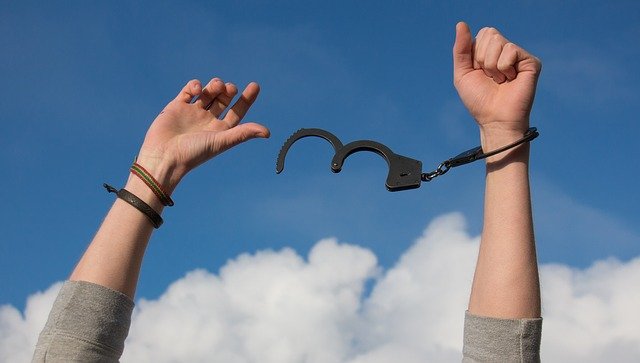
“There is light on the horizon for people who are addicted.”
Interview with neuroscientist Dean Burnett about addiction. Part 2.
Doctor Dean Burnett is a famous neuroscientist, lecturer, author, blogger, podcaster, pundit, science communicator and comedian. In his most recent book ‘Psycho-Logical. Why Mental Health Goes Wrong – and How to Make Sense of It’ a whole chapter is devoted to addiction. We had the unique opportunity to ask him a few questions about this topic.
When it comes to secondary care: have you recently seen an evolution in there? Some new approaches?
“In general, there is not much news. One of them is the fact that addiction is more than the use of drugs. For example, if you give heroin addicts some heroin, it tends to be a more effective approach than the use of methadone. The thing is that heroin addiction is not a purely chemical thing. The context of the addiction also matters. Methadone is something you drink and heroin you inject. Because the brain is what it is, it associates the pleasure of the drug with the ritual of administering it. So, drug addicts not merely enjoying the drug itself, but the ritual of administering it. We have to take that into account when it comes to treating addicts.”
Can you see an evolution in the prevalence of substances during the years?
Yes, in the UK at least. There are more people addicted to alcohol, which is the most available drug. The use of alcohol is also socially rewarded and encouraged. For example, after a day’s hard work you go for a drink. When there is a wedding, you give a drink and so on.
Another problem is the opioid crisis. However, the main drug now is non-chemical addiction. For example, gambling is a genuine addiction. We can also ask ourselves the question: are shopping or video games genuine addictions or are they more behavioral tendencies or distorted response areas in the brain?”
Is there an impact of corona on addictions?
‘We have seen some increase in certain addictions. Self-medication against stress of being locked down is spiking. People also tend to have a drink more often or smoke a joint when they are not feeling well, but that does not necessarily lead to addiction. On the other hand, access to drugs is less easy because of the lockdown.”
Do you have a message of hope for people who are addicted?
“Awareness is increasing. People are far more knowledgeable that addiction is a serious illness now. It has only been recently that addiction has been taken up again by the psychiatric and mental health world, because before then they were worried about causing offence and causing stigma because of the label ‘addiction’ itself, so now they use the term ‘dependent’ instead. Dependence is not the same as addiction. When you are addicted to something, you need it to function. So those are two different things that was causing diagnostic confusion.
The big problem is that people see addicts as people who made a bad choice, so it is your own fault when you are addicted. That is wrong, because addiction is not a choice. If for example you live in a family where drug use is common, chances are higher that you will use drugs.
So, in general, improvements are happening, and people are more understanding about it. There is still a long way to go, but there is some light on the horizon.”
More information: https://www.deanburnett.com/
Recente bijdragen
Is het gebruik van ADHD-medicatie nuttig en veilig bij kinderen?
Is het gebruik van ADHD-medicatie nuttig en veilig bij kinderen? Leestijd: 4 minuten. Dit artikel bevat algemene informatie en vervangt geen […]
Patrick en Peter verkennen mysterieus Erembodegem
Een wandeling met een magisch-realist in mysterieus Erembodegem Wat maakt Erembodegem zo mysterieus? De bomen, struiken en kronkelende paadjes in de […]
School en huiswerk voor kinderen met ADHD
School en huiswerk voor kinderen met ADHD Leestijd: 4-5 minuten. Dit artikel bevat algemene informatie en vervangt geen professioneel medisch advies. […]
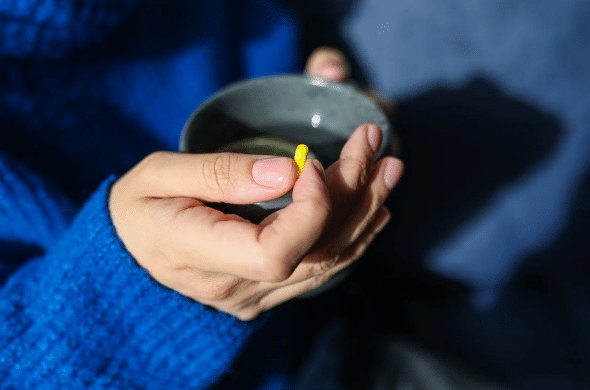

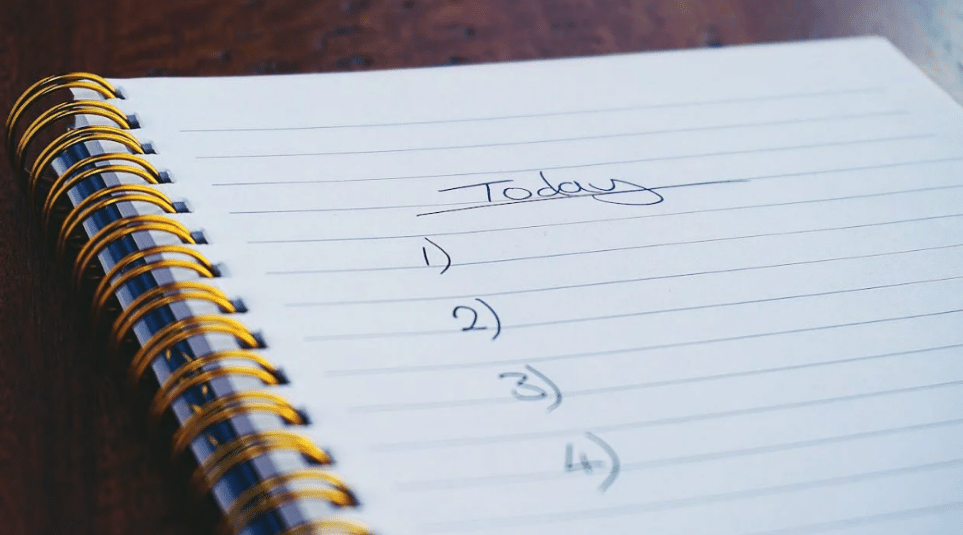
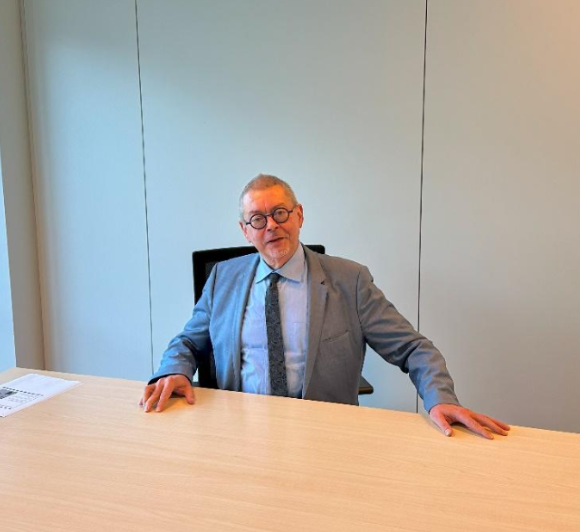
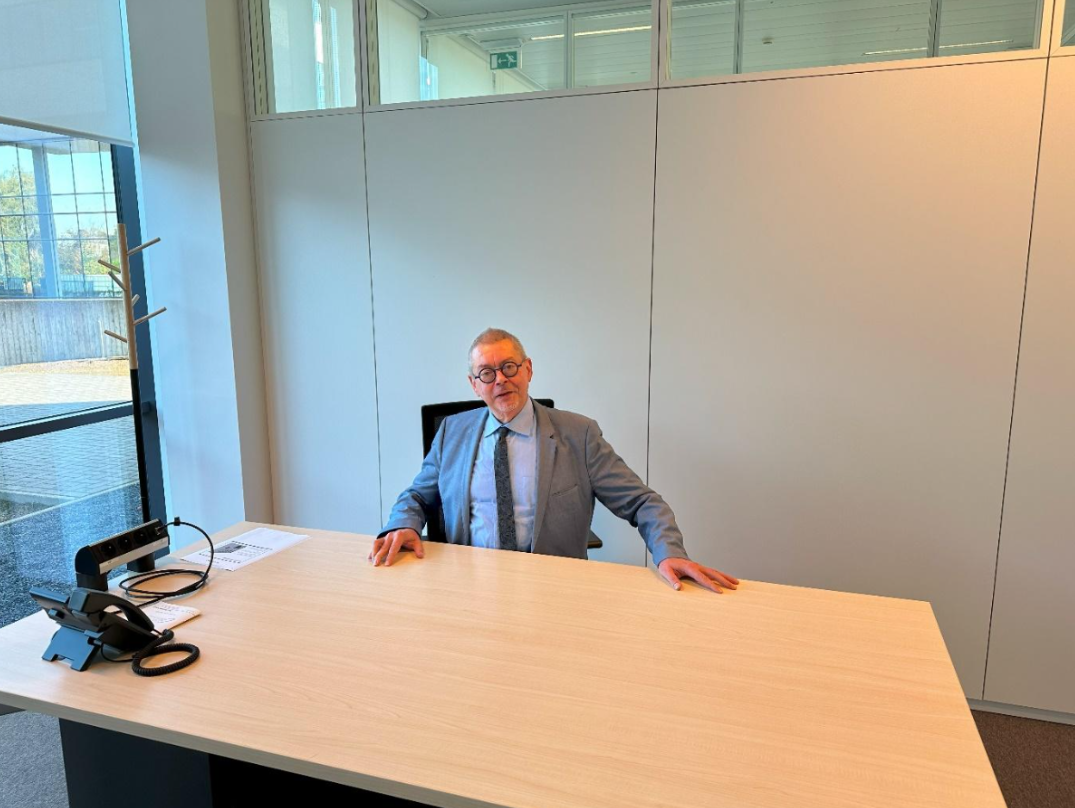
Er is nog geen commentaar geplaatst!